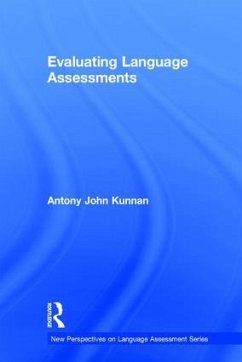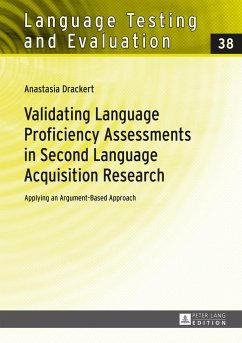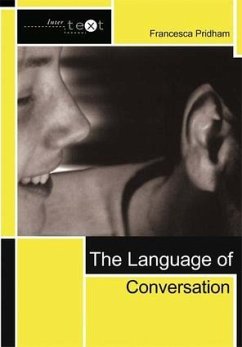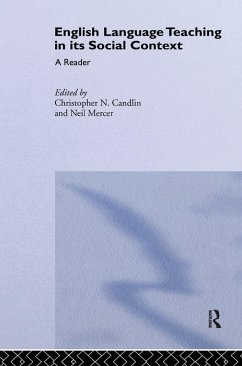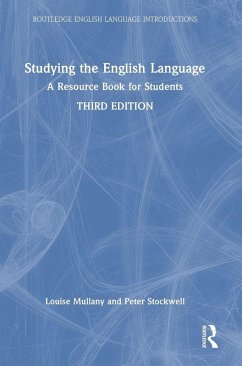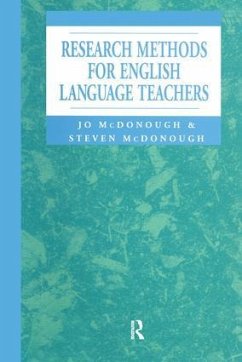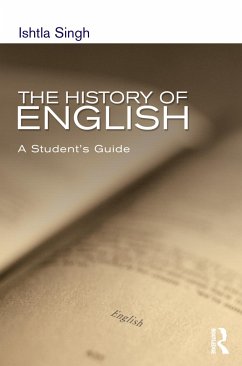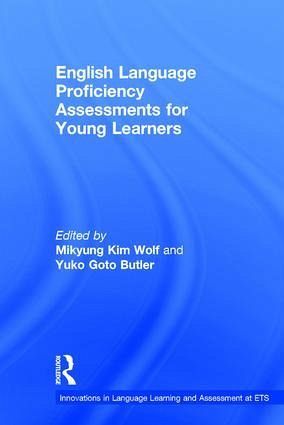
English Language Proficiency Assessments for Young Learners
Versandkostenfrei!
Versandfertig in 1-2 Wochen
170,99 €
inkl. MwSt.
Weitere Ausgaben:

PAYBACK Punkte
85 °P sammeln!
English Language Proficiency Assessments for Young Learners provides both theoretical and empirical information about assessing the English language proficiency of young learners. Using large-scale standardized English language proficiency assessments developed for international or U.S. contexts as concrete examples, this volume illustrates rigorous processes of developing and validating assessments with considerations of young learners' unique characteristics. In this volume, young learners are defined as school-age children from approximately 5 to 13 years old, learning English as a foreign ...
English Language Proficiency Assessments for Young Learners provides both theoretical and empirical information about assessing the English language proficiency of young learners. Using large-scale standardized English language proficiency assessments developed for international or U.S. contexts as concrete examples, this volume illustrates rigorous processes of developing and validating assessments with considerations of young learners' unique characteristics. In this volume, young learners are defined as school-age children from approximately 5 to 13 years old, learning English as a foreign language (EFL) or a second language (ESL). This volume also discusses innovative ways to assess young learners' English language abilities based on empirical studies, with each chapter offering stimulating ideas for future research and development work to improve English language assessment practices with young learners. English Language Proficiency Assessments for Young Learners is a useful resource for students, test developers, educators, and researchers in the area of language testing and assessment.





